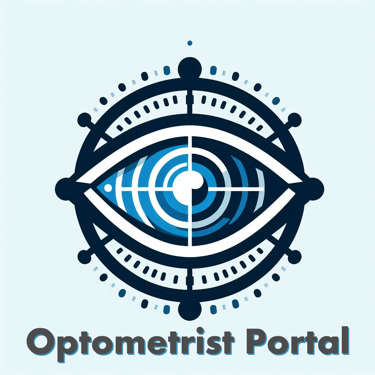Work–Life balance in Optometry (on the days it feels possible)
I spent years telling my patients about the importance of taking breaks from screens, and there I was, answering practice emails at my kid's soccer game. The irony wasn't lost on me.
Miro
9/1/20252 min read


Some weeks, balance looks like a tidy planner: color‑coded, reasonable, almost smug. Other weeks it’s a coffee ring on my desk and a half-written callback list glaring at me at 6:15 p.m. I think both are normal. Optometry isn’t just 9–5 refractions; it’s insurance puzzles, post-op check-ins, contact lens “emergencies,” and the invisible work that hides between patients.
What helped me (most days) is admitting balance isn’t a finish line. It’s seasonal. Back-to-school is busier. Flu season knocks staff out. New equipment onboarding eats lunch. So I plan in seasons, not perfect weeks. Perhaps that sounds vague, but it gives permission to adjust without feeling like I failed.
A few small levers matter more than heroic plans. First, the last 10 minutes of clinic: a shutdown routine. I close charts to “good enough” (not perfect), send three honest messages (“We’re awaiting plan confirmation; expect an update by Thursday”), and write tomorrow’s top three. If I do that, the evening is lighter. If I don’t, the inbox follows me home like a very determined puppy.
Second, I name time blocks with what they truly are. “Callbacks (door closed).” “Staff check-in (no patients).” Labels are weirdly powerful; they nudge me to respect the time. I try for one “hard stop” day each week—out the door on time, no debate. Do I always keep it? No. Last month I broke it for a pressure spike that needed same-day management. I don’t regret that. Mostly.
Boundaries matter, but scripts help them stick. “I don’t text clinical advice after hours, but I do check portal messages first thing.” “We reserve emergency slots daily; let me place you in one of those.” Calm, repetitive, and kind. Staff appreciate a few ready phrases too: “Insurance estimates can change; we’ll confirm before dispensing,” “We’re at capacity—next opening is Tuesday.”
Tiny rituals reduce friction. A five-minute “micro-commute” walk before I get into the car. Lunch that isn’t eaten standing up (I fail at this, frequently). A rule that personal commitments—kids’ events, a yoga class, even reading for 20 minutes—go in the schedule with the same dignity as a glaucoma follow-up. The calendar should not play favorites.
Delegation is not abdication; it’s trust with clarity. If techs can finalize refraction data and queue patient education, I can finish notes faster. If optical leads can triage remake requests using a simple matrix, my afternoons stop unraveling. It’s not glamorous, but written micro‑policies save hours of “what do we do when…?” I feel that every time something goes right without me.
I wish I could promise a perfectly balanced week. I can’t. But I can say this: pick one dial to turn this week—shorten end-of-day sprawl, make one evening sacred, or finally write that “after-hours” message template. Balance is less a big decision and more a hundred small ones. Slightly imperfect, occasionally interrupted, and—somehow—workable.
Let's have a chat, feel free to share your hints/ tips ! I am all ears.
Miro
Support
Empowering optometrists with expert business guidance.
Community
Resources
info@optometristportal.com
© 2025. All rights reserved.
